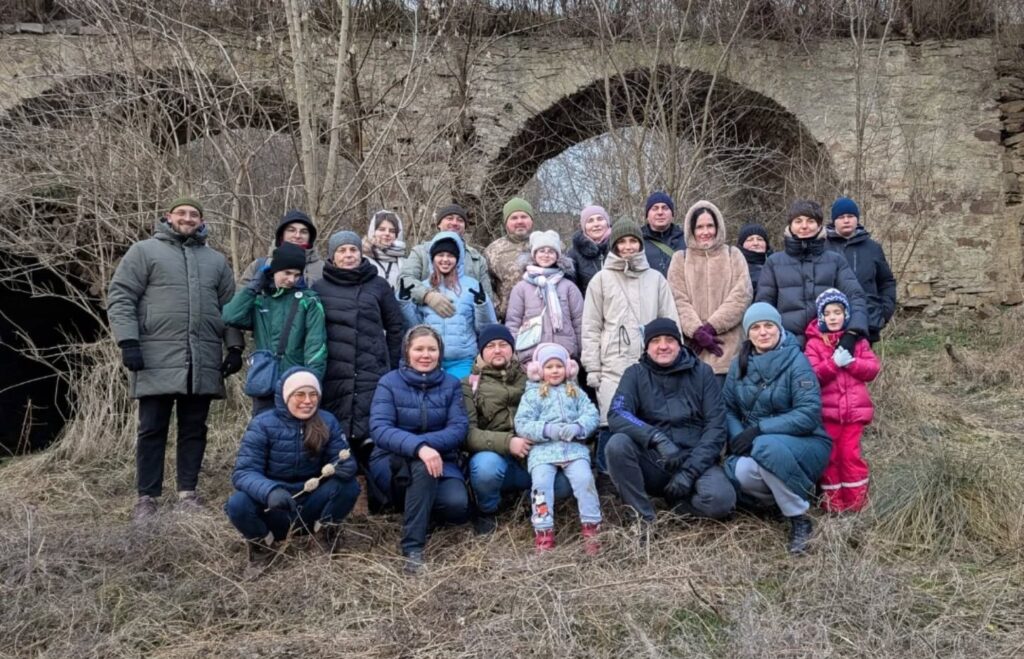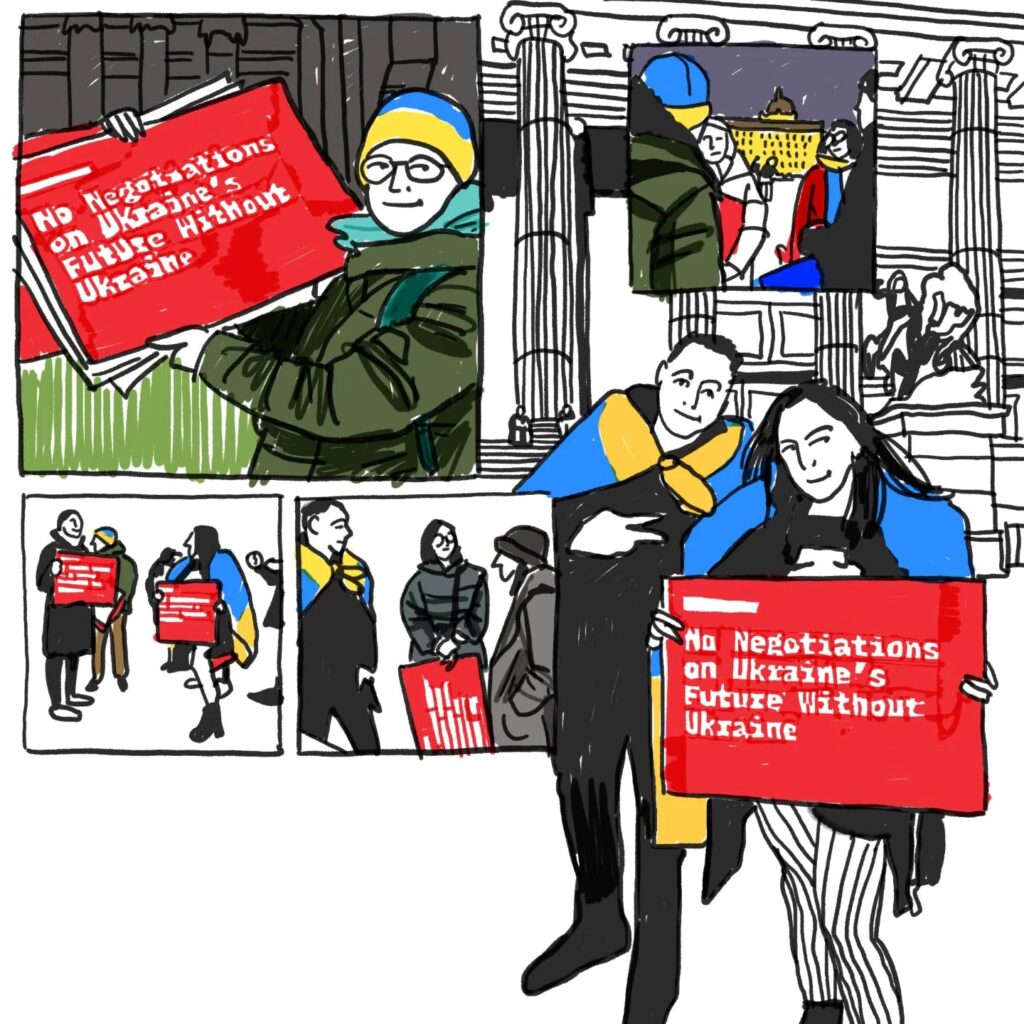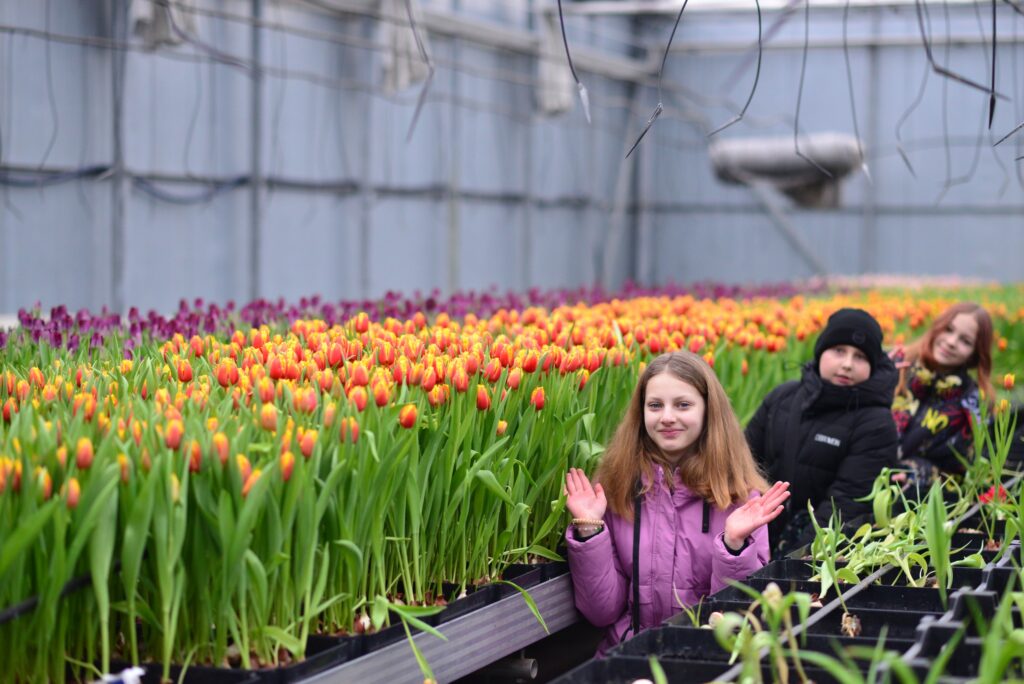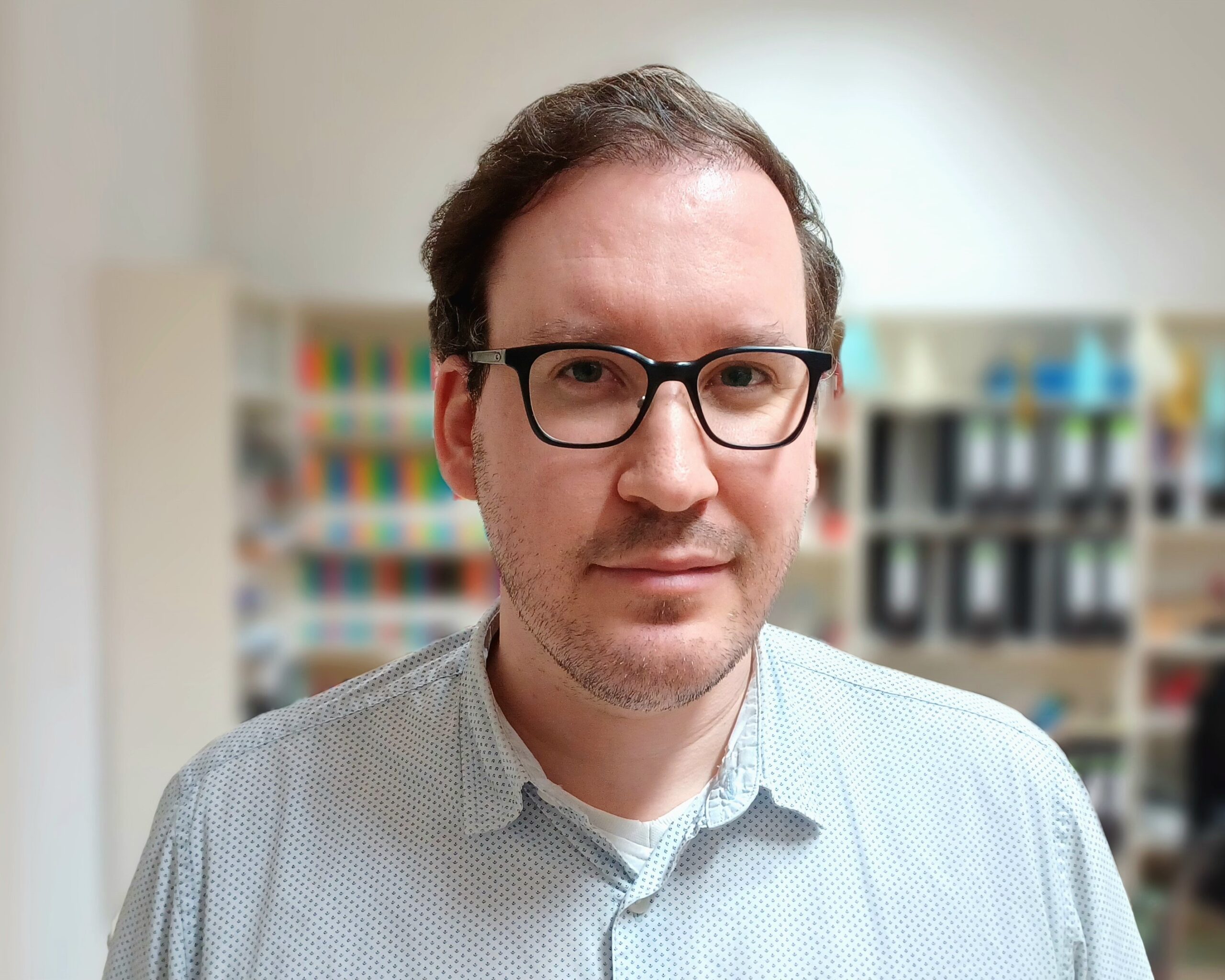
Jacob Riemer
Second Executive Manager
Since February 1, 2024, Jacob is the Second Executive Manager of Austausch. He previously worked for several years as a project manager for us, overseeing enhanced civil society cooperation in the OSCE region as well as between actors from the European Union and Central Asia.
After studying History, Slavic Studies, and Eastern European Studies in Greifswald, St. Petersburg, and Berlin, Jacob initially worked in the cultural sector before joining Austausch in the areas of fundraising, financial management, and project development. Since 2019, he has been a project manager, and since the summer of 2023, he has been part of the management team. His areas of expertise and focus include Russia, the South Caucasus, Ukraine, and Central Asia, as well as international security policy.
Recent articles
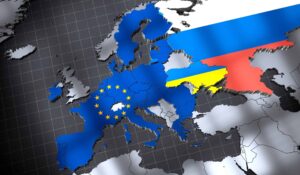
Position letter on the third anniversary of the Russian invasion of Ukraine in 2025
While debates in Germany during the election season revolve around migration, deportations, and socio-economic crises, Europe’s security order remains as fragile as ever. The radical disengagement of the U.S. administration from the transatlantic partnership intensifies the urgency for action.

Poland, Germany, and Ukraine at a Turning Point: Strengthening or Breaking the Alliance
A new report, prepared by the Jan Nowak-Jeziorański College of Eastern Europe in cooperation with us and Austausch e.V.
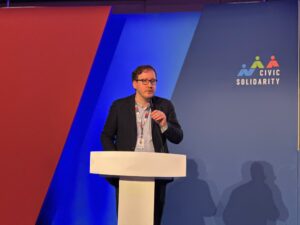
Austausch at the 2024 OSCE Parallel Civil Society Conference in Malta
Austausch takes pride in co-organizing this pivotal event with our renowned and longstanding partner NGO, the Center for Civil Liberties (CCL) Ukraine. Civil society representatives from across the OSCE region gathered to discuss cooperative security challenges in Europe and Eurasia, delivering actionable recommendations ahead of the 31st OSCE Ministerial Council in Malta.
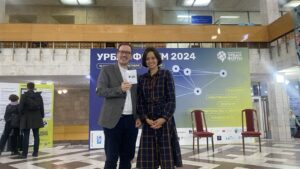
Austausch e.V. Co-Organizes the National Urban Forum 2024 in Bishkek, Kyrgyzstan
From October 16 to 18, Austausch e.V. participated in the National Urban Forum 2024, held in Bishkek, the capital of Kyrgyzstan. This major international event aimed to promote sustainable development and improve urban environments in Kyrgyzstan and the wider Central Asian region. Bishkek, like many Central Asian cities, faces significant environmental challenges, particularly in terms of air pollution. Rapid urbanization, outdated infrastructure, reliance on coal-based heating, and vehicle emissions have contributed to deteriorating air quality, which poses serious health risks to its citizens. These issues make environmental protection a key priority on the region’s ecological agenda.
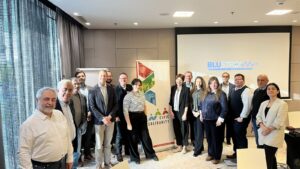
Strengthening the Role of Civil Society in the Implementation of Climate Initiatives: Cooperation with the OSCE
Against the backdrop of this fundamental question Austausch and its partners from the Civic Solidarity Platform launched a seminar dedicated to the topic “The role of civil society in the implementation of the Helsinki principles”. The event has been organized within the framework of the Helsinki+50 process at OSCE that is supposed to be culminating at the 50th anniversary of the Helsinki Final Act of 1975 next year.
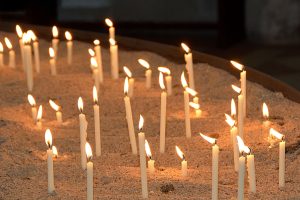
The Terror Attack in Russia as a Symptom of a Complex Crisis and Perspectives on Coping
Last Saturday, a terrible terrorist attack took place in Russia. In the following article, we aim to elucidate some background: Why have Central Asians increasingly been involved in terrorist activities in recent years? What are the causes of Islamist radicalization? Why do some of the causes lie within Russia itself? And what can civil society do about it when politics fails to take adequate measures or none at all? And what do we as Austausch to fight against the causes of Islamist radicalization?

